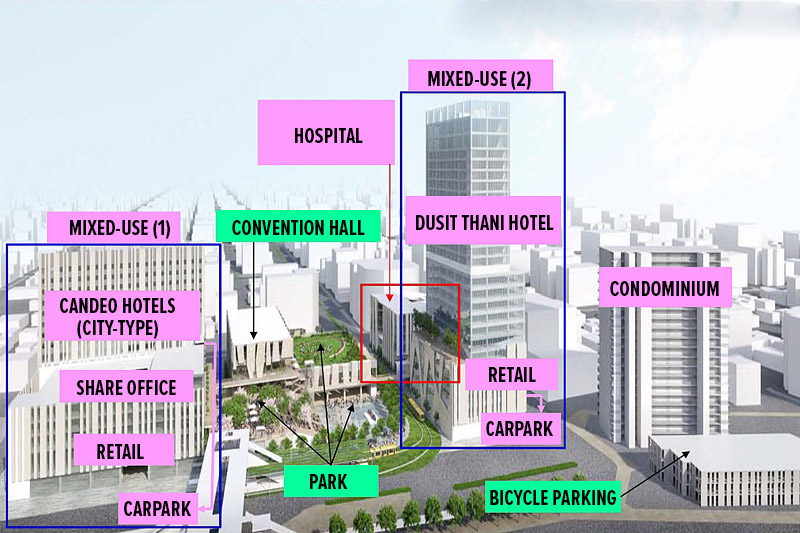Okutama Town launches free house site

The mountainous town of Okutama, located in the distant western reach of the Tokyo metropolitan government area, has launched a “0 Yen Vacant House Bank” on the town's homepage to help owners dispose of their empty and idle homes.
Commercial real estate transactions emerge from slump

There are already signs that some sectors of the real estate market are emerging from the pandemic-induced slump, with the total commercial transaction value in June recovering by a considerable amount from the record low seen in May.
Some short-term hosts pivot to day-use office rentals

With inbound tourism essentially sitting at zero, some ‘minpaku’ or Airbnb-type accommodation operators are either closing up shop or pivoting into offering telework options in a last-ditch effort to stay afloat in a challenging market.
Fundraising difficulties delay international luxury hotel in Utsunomiya City

Luxury Thai hotelier Dusit Thani has cited fundraising issues and uncertainty over inbound tourism as the reasons for the delay in the construction of a high-rise hotel planned for Utsunomiya City. Construction has been postponed until further notice while the developer looks for other hotel operators.
Quick real estate news summary for the week

Tokyo apartment rents reach a record high, a condo in Tokyo Bay to include shared office space for residents, Nara welcomes a new international hotel, and agents now required to provide information about flood risks. Below is a quick weekly summary of some of the recent goings-on in the Japanese real estate market.
Harajuku has best apartment resale value in 2019

According to an annual report released by Tokyo Kantei on July 2nd, apartments around Harajuku Station had the highest resale value over a 10-year span. The report ranks 515 stations in the greater Tokyo area by the average difference in the resale value of a 10-year old apartment compared to its price when brand new.
Fujitsu plans to halve office space

Fujitsu is planning to reduce its office space by as much as 50% over the next three years as the company prepares for a permanent shift to telecommuting.
